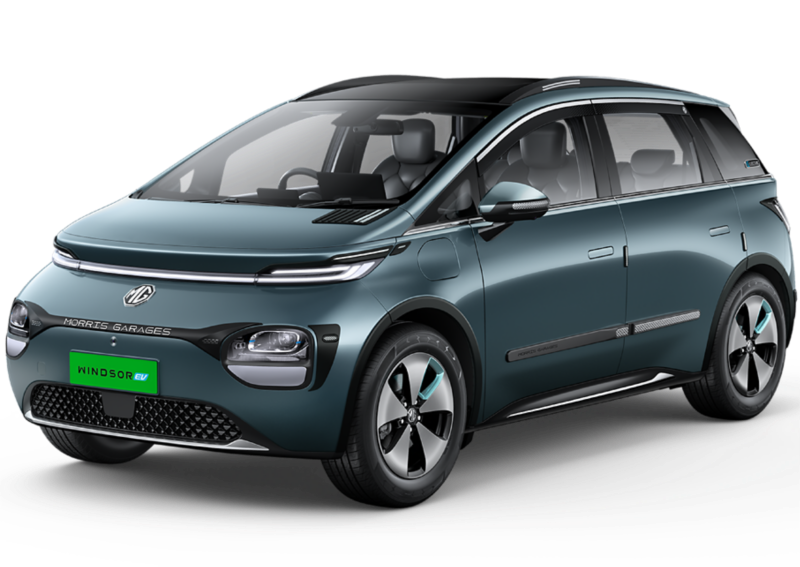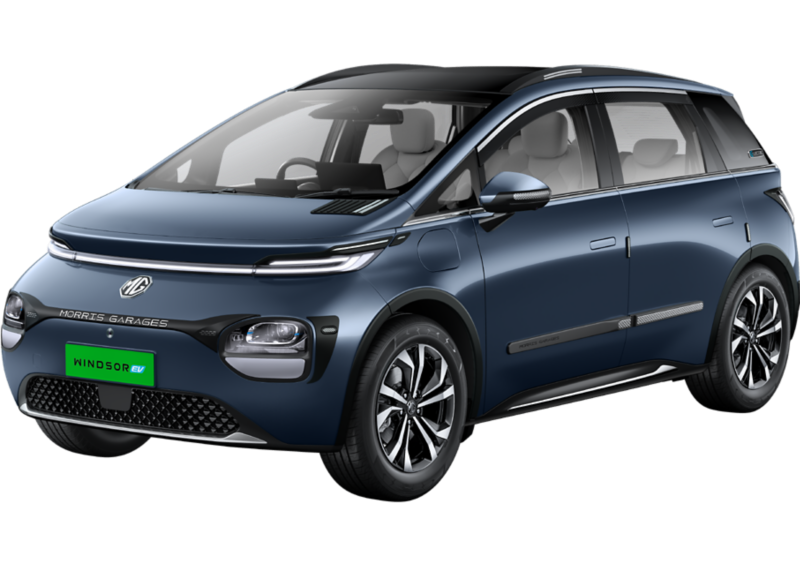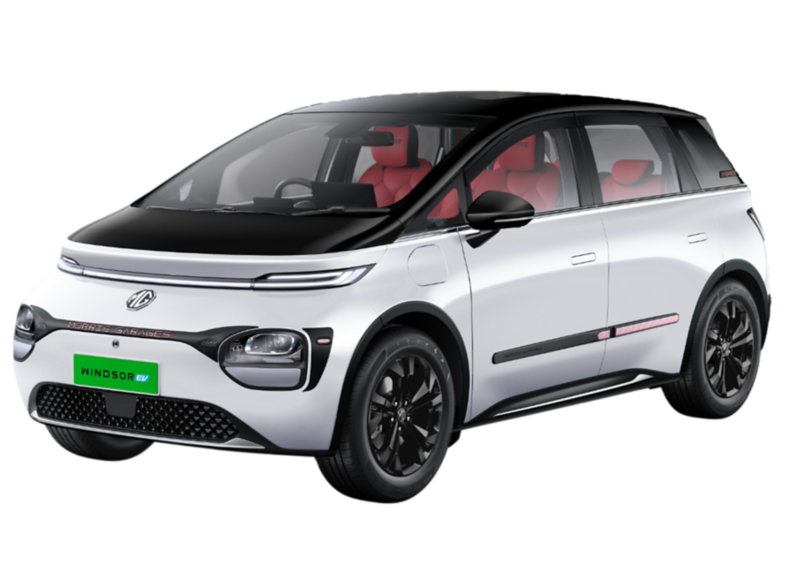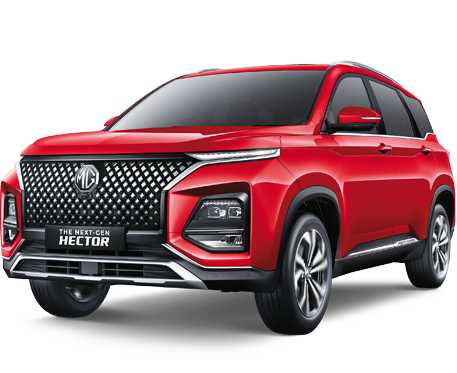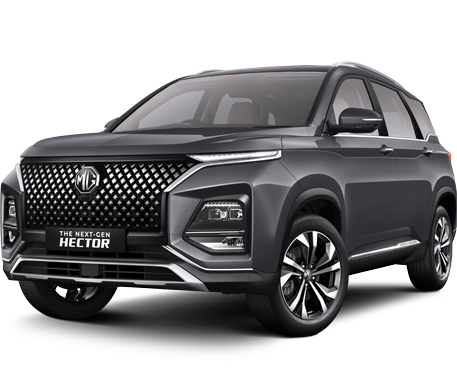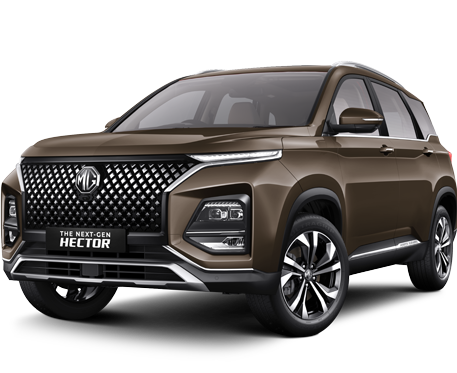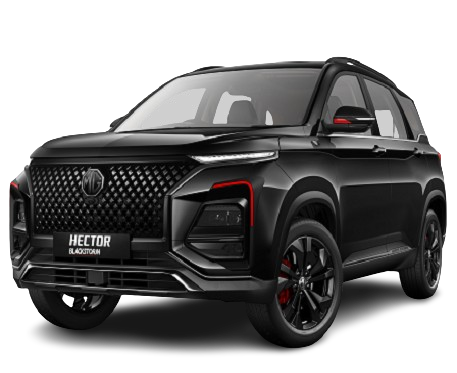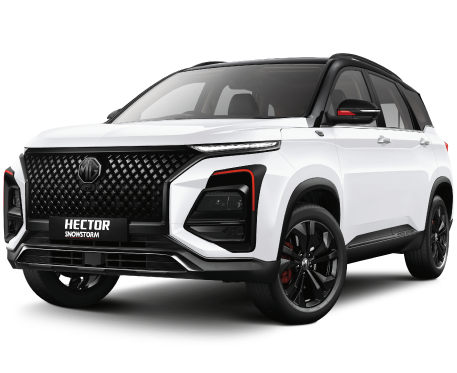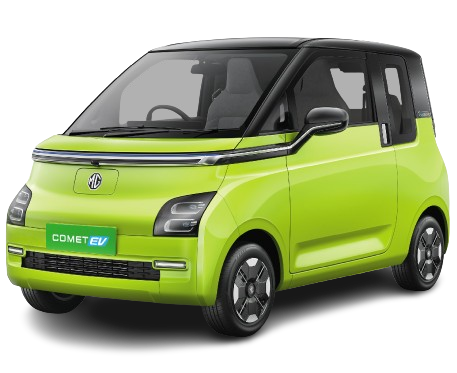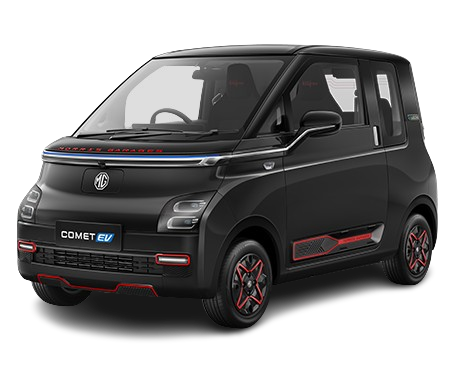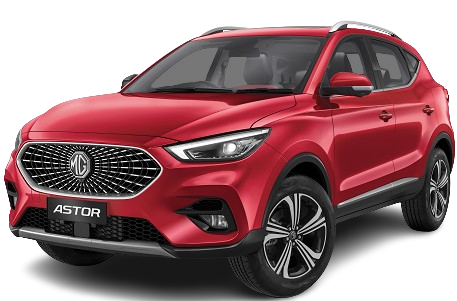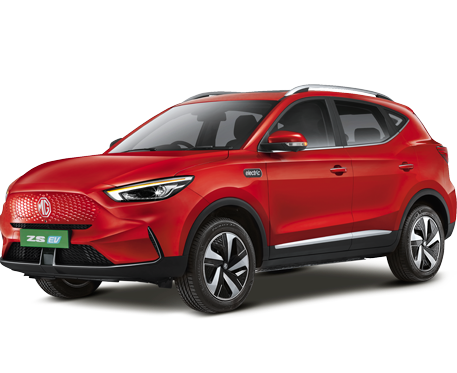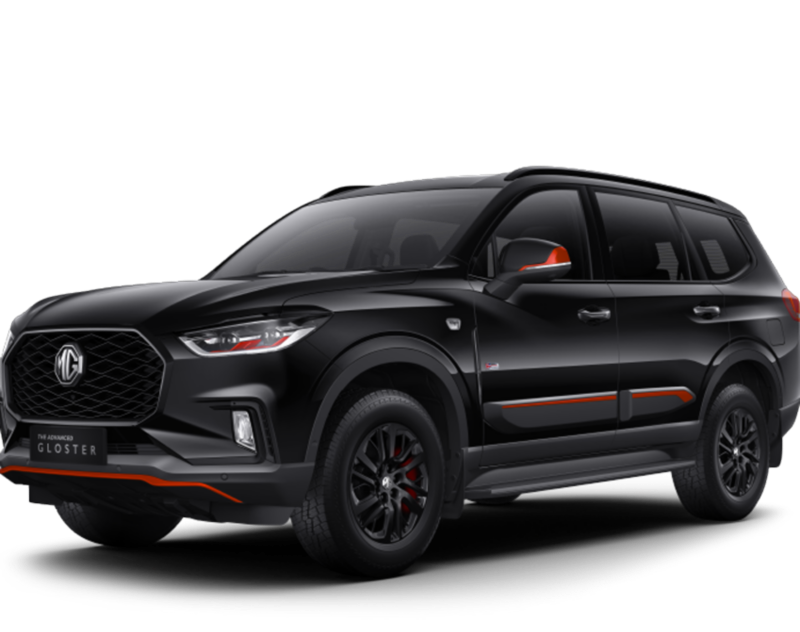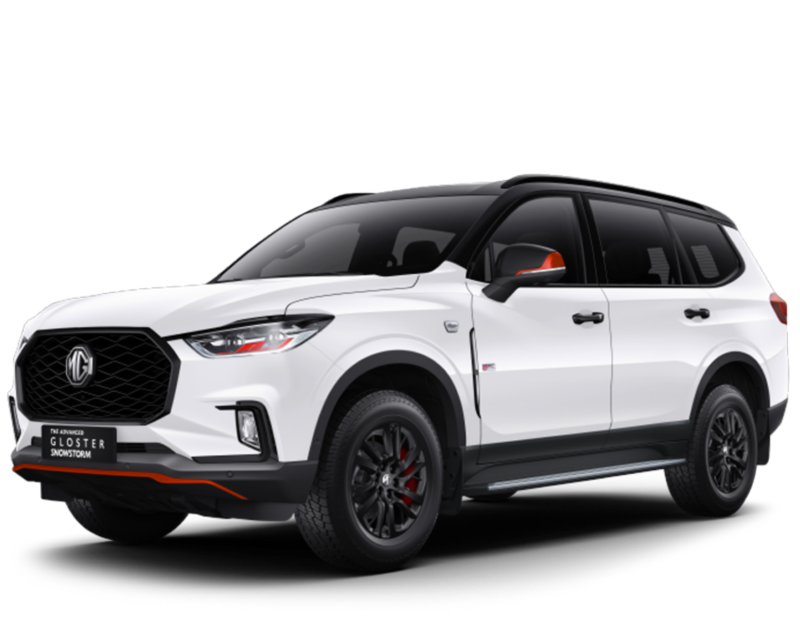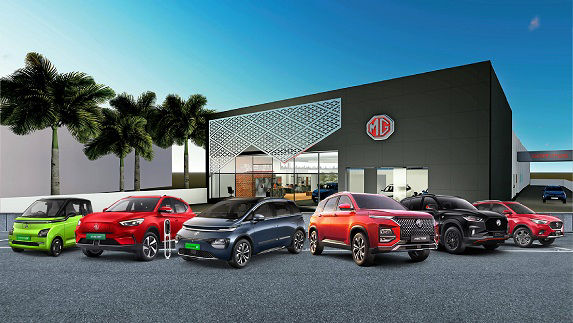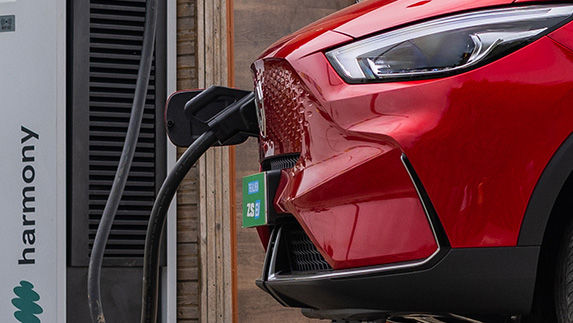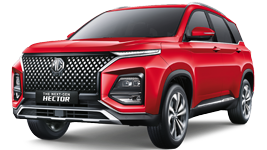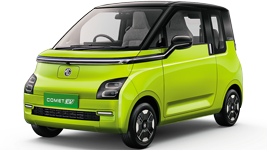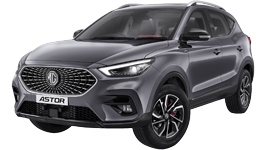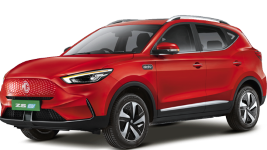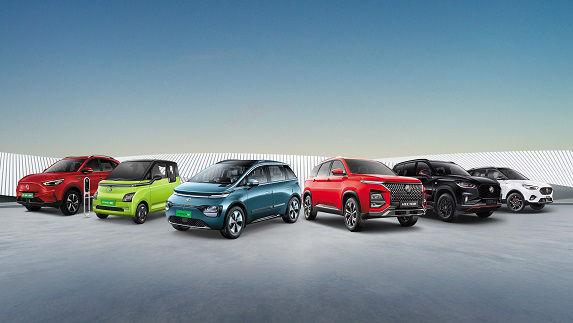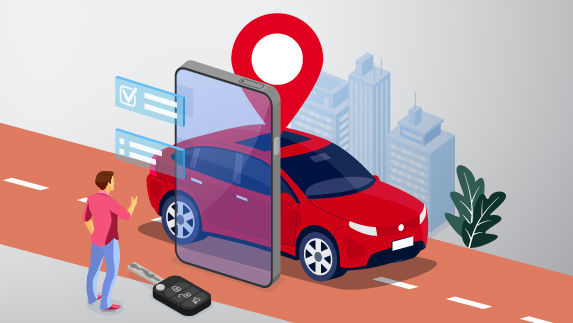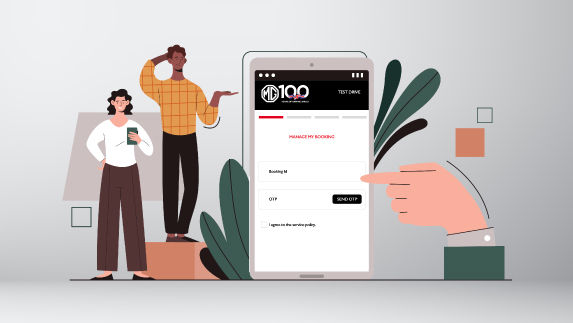Urban Mobility Happiness Survey" reveals 71% of Indian Car Owners Travel Solo or with One Co-Passenger
Or
"Urban Mobility Happiness Survey" reveals 88% of Car Owners travel less than 30 kms per day
• Almost 90% of the respondents feel that a compact smart car can reduce their travel time and parking hassle.
• Over 74% Indian face difficulties due to the lack of parking space in their respective cities.
• 69% respondents consider environment as an important factor while purchasing a car.
• Personal mobility is a preferred and reliable mode of commuting, according to 73% of the respondents.
• MG has introduced Urban Mobility Happiness Survey to measure urban citizens’ satisfaction with their urban transportation choices.
Gurugram, 10th March 2023: MG Motor India released its report on the findings of Urban Mobility Happiness Survey today. The survey, conducted by Nielsen gathered valuable insights into the mobility patterns of people residing in major Indian cities, and the challenges they face while commuting. The findings of the survey are a reflection of the state of urban mobility in India, and could prove to be useful for all stakeholders, including policymakers, to facilitate better urban mobility infrastructure for all.
The survey was conducted in the 8 Indian cities of Ahmedabad, Bengaluru, Pune, Mumbai, Delhi NCR, Chennai, Hyderabad, and Kolkata, most of which are known for the numerous challenges faced by their residents during their daily commute. Respondents to the survey included males and females aged 18 to 37 years, having at least one car in their household. Key revelations from the survey are as follows:
74% recognize insufficient parking infrastructure as a common problem.
Vehicle parking is a common issue faced by car-owners in Indian cities. Merely 26% of survey respondents found it easy to locate parking, while 74% struggled with the availability and management of parking spaces in their cities. Approximately 64% of individuals reported that they either decided not to use their cars due to the unavailability of parking or had to adjust their plans according to parking availability.
71% of car owners in India travel with only one co-passenger
Shared mobility is not a popular practice amongst most car-owners in Indian cities. About 71% respondents to the survey reported taking their car out alone or at most with one other passenger. Only a meager 1% of the respondents reported to always travel with more than one passenger.
73% urban commuters prefer personal mobility for commuting.
Cars are commonly used for commuting within the city, with 73% of respondents reporting daily or occasional use for travel to work or college. In addition, urban car-owners frequently use their cars for household errands, shopping, social outings, and weekend trips. 38% of survey participants also reported using their cars for emergency situations.
With petrol still being preferred, respondents identified a major shift in different powertrain options.
Despite growing environmental concerns related to fossil fuels, a considerable portion of individuals in major Indian cities still favor petrol-powered vehicles. According to the survey, 50% of respondents own petrol vehicles, while 35% own diesel vehicles. Nonetheless, there is a rising trend among car owners to shift towards alternative powertrain technologies.
81% reported to use the luggage space for carrying a laptop bag.
The findings of the survey reveal that about 77% respondents use the luggage space of their car every day. Amongst these, 81% reported to use the luggage space for carrying a laptop bag.
Longer distances and travel times make urban travel woeful
About 71% of the respondents to the survey reported to be spending more than 30 minutes to an hour for their daily commute to work or college. As many as 61% of respondents admitted to experiencing increased travel times as compared to their usual travel time from five years ago.
Fuel price hikes affecting urban commuters.
Increased prices of fuel have had a universal impact within the country, with urban car-owners being no exception. About 52% people reported the fuel hikes having highly impacted them. Also, almost 50% respondents reported spending more than INR 6,000 a month on fuel each month.
Air and noise pollutions in cities a cause for concern
Air and sound pollution is a major concern for most city-dwellers, which is amply reflected by the findings of the UMHI. More than 80% of the respondents feeling that the air in their city is polluted. Likewise, an equal proportion of survey participants affirmed the presence of noise pollution in their urban area by nodding in agreement. In addition to this, 69% respondents reported considering environment as an important factor while purchasing a car.
Compact smart cars a possible solution to urban mobility challenges
Smart mobility solutions have for long been touted as possible answers to the problems faced by urban mobility in India. The UMHI survey found that almost 90% of people felt that a compact smart car can reduce their travel time in city, solving a great many of the challenges they face during their commute every day.
Gauging Happiness Quotient
Prolonged commutes due to distance and on-road congestions, combined with the prevalent noise and air pollution, induce anxiety amongst commuters in all major Indian cities. The survey found that more than 80% respondents to the survey experienced anxiety during their daily travel in the city. The survey also calculated a city-wise happiness score for mobility, based on ratings provided by the respondents on selected parameters. While Kolkata, Pune and Chennai scored well on the index, ratings for Bengaluru, Ahmedabad, Mumbai, Hyderabad and Delhi NCR reflected the respondents’ discontentment pertaining to the state of mobility in their cities.
Commenting on the survey, Gaurav Gupta- Chief Commercial Officer from MG Motor India said, “The findings of the 'Urban Mobility Happiness Survey' have provided us with valuable insights into the driving behavior of Indian consumers and their preferences for mobility solutions. The survey clearly reflects that car owners, along with the performance and features of their vehicles, also prioritize convenience, safety, and overall driving experience. As a brand that is driven to deliver state-of-the-art mobility solutions, we understand the importance of keeping up with the evolving needs of our customers.”
About MG Motor India
Founded in the UK in 1924, Morris Garages vehicles were world-famous for their sports cars, roadsters, and cabriolet series. MG vehicles were much sought after by many celebrities, including the British Prime Ministers and even the British Royal Family, for their styling, elegance, and spirited performance. The MG Car Club, set up in 1930 at Abingdon in the UK, has thousands of loyal fans, making it one of the world’s largest clubs for a car brand. MG has evolved into a modern, futuristic, and innovative brand over the last 99 years.
About Urban Mobility Happiness Survey
The Urban Mobility Happiness Survey is a measurement tool initiated by MG Motor India that evaluates the level of happiness and satisfaction of people with regards to their urban mobility. It aims to assess the overall quality of transportation in a city and how it affects the well-being of its residents on a yearly basis to create the index. The UMHI takes into account various factors such as the availability and accessibility of personal mobility, public transportation, the quality of roads and infrastructure, the level of congestion and traffic, the affordability of transportation, and the environmental impact of transportation.
Referring to UMHI, city planners and policymakers can benefit and identify areas of improvement to push urban mobility and prioritize initiatives that would enhance the transportation system's overall quality. Additionally, the UMHI can provide insights into the relationship between transportation and well-being, which could inform urban planning strategies and policies that promote healthier and more sustainable lifestyles for urban residents.
-
Number- 1800 100 6464
-
Website- https://www.mgmotor.co.in
Runa Ahlawat
